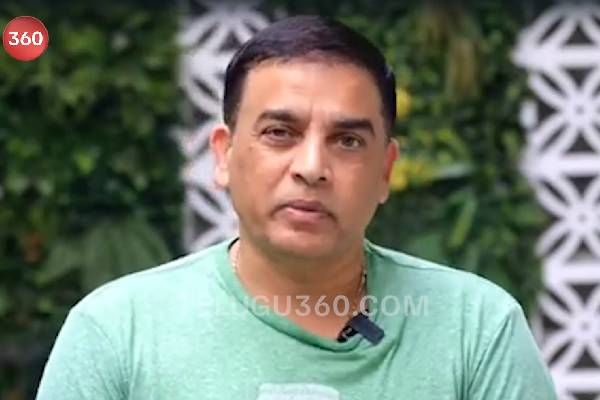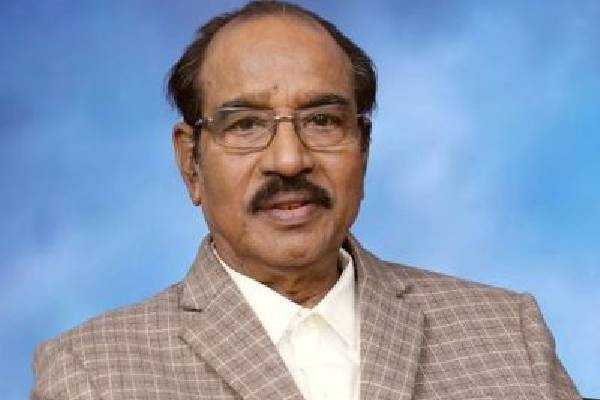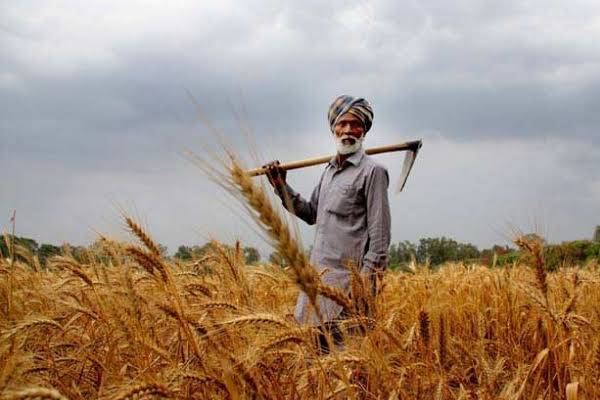How many of you remember the 1990s Telugu movie with the title ‘Bharat Bandh’. Directed by Kodi Rama Krishna, who is known for the satirical movies on contemporary politics, the movie created a sensation those days when Bandhs and Bharat Bandhs are a very common activity. Gone are those when kids used to get more holidays for school because of Bharat Bandhs than because of the festivals, thanks to administrative changes as well as judicial remarks on strikes, hartals, and Bandhs. But after so many days, one ‘Bharat Bandh’ that really got the attention of the entire nation is today’s protest of farmers that was supported by nearly 24 political parties. Let us dig a little deeper than the statements of politicians into these new farmer bills/ acts.
Historical background of the farmer issues:
One slogan that has been raised in these protests is ‘Save Mandi’, ‘Save farmer’. To understand why this slogan, we need to know history. We know that there is no tax on agricultural income nowadays, but that was the primary income source for the kingdoms during the ancient, medieval, and British eras. Peasant was squeezed by even the most benevolent rulers. A minimum of 30% (maximum could be around 60% or more) of his agricultural produce used to be paid to the king as tax.
During the British era, in addition to the high taxes, another thing that crushed the peasants is the commodification of the farmland. Most of the peasants became tenants on their own lands owing to the failure of payment of the taxes. They were trapped in the vicious cycle of debt by the moneylenders. These money lenders used to buy the harvest very cheap from the farmers and sell high.
The Mandis as a solution in independent India:
After the independence of India and especially at the time of the Green revolution, the leaders of the nation took several measures to help the farmers. The first one is to make agriculture tax-free. The second one is – the system of Mandis, where only licensed traders can buy the agricultural produce. This measure is intended to help the farmers from the clutches of money lenders. Also, to ensure the farmers don’t do distress sale of the produce, the government assured them with ‘Minimum Support Price’. This means, if farmers don’t get the proper price and can’t sell, the government will buy the produce at the MSP and so there is a minimum guarantee for the farmers. During the 1960s and 1970s, most of the states enacted and enforced Agricultural Produce Markets Regulation (APMR) Acts. Remember agriculture is the state list item as per the 9th schedule of the constitution. All primary wholesale assembling markets were brought under the ambit of these Acts.
Now the same Mandis started giving problems to the farmers:
But the same Mandis now started giving problems to the farmers. The licensed traders, with whom only farmers should trade, started farming cartels and syndicates to exploit farmers. As agricultural produce is a perishable item, even the large farmers can’t afford to store it and most of the time oblige these cartels.
This made the Modi government go for agricultural reforms that help achieve ‘One Nation One Market’, which is considered a surgical strike on ‘Mandis’. But eventually, the same reforms led to the agitation by farmers.
-ZURAN (@CriticZuran)

































